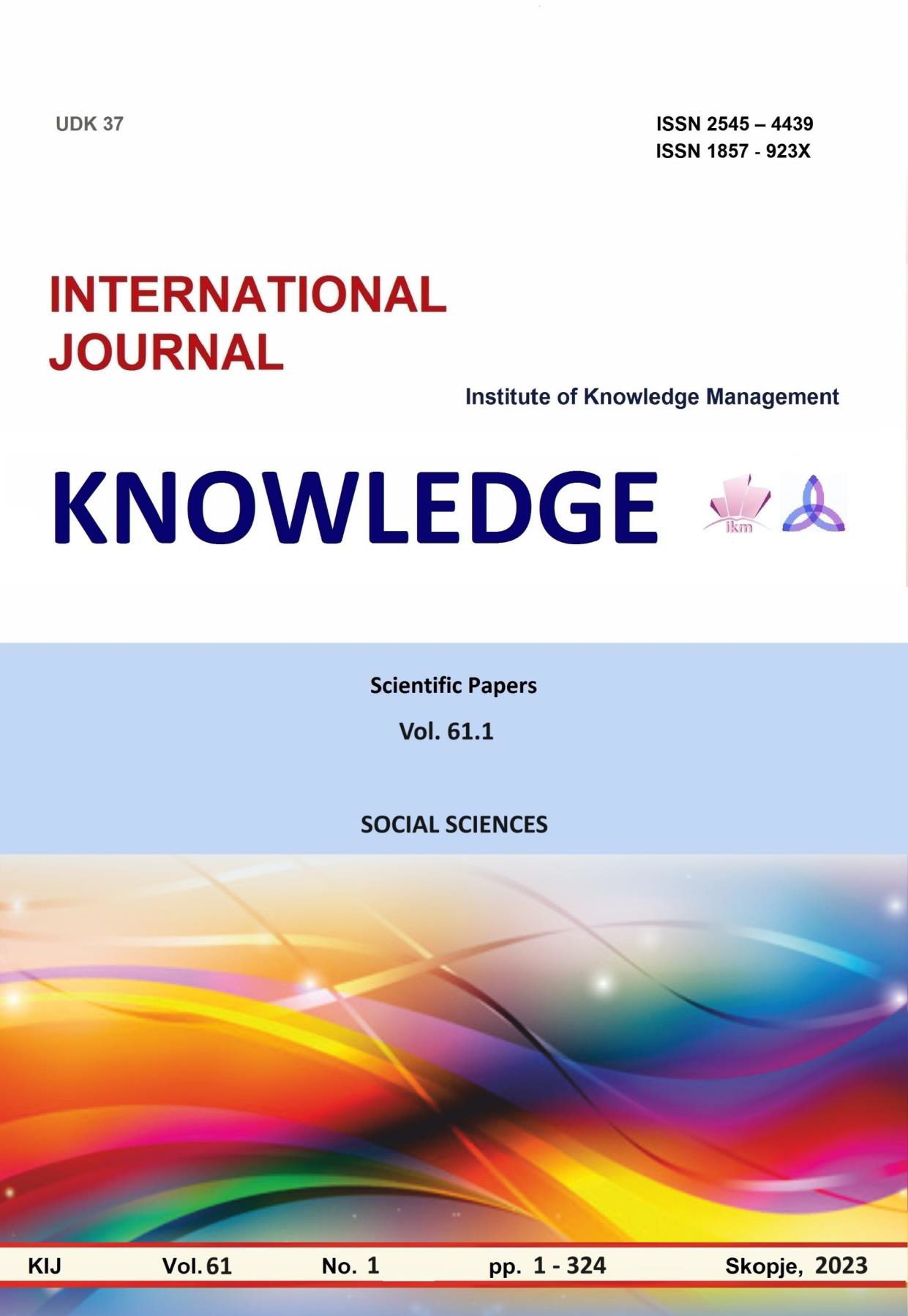UDHËHEQJA NË GRUP. DALLIMET MES STILIT DEMOKRATIK DHE AUTOKRATIK TË UDHËHEQJES
GROUP LEADERSHIP. DIFFERENCES BETWEEN DEMOCRATIC AND AUTOCRATIC LEADERSHIP STYLES
Author(s): Lindita NeziriSubject(s): Social Sciences, Economy, Psychology, Business Economy / Management, Organizational Psychology, Management and complex organizations
Published by: Scientific Institute of Management and Knowledge
Keywords: leadership;democratic style;autocratic style;leader;group
Summary/Abstract: Every individual has an opinion about what is good leadership and what is not good leadership. During childhood and youth, we value the leadership of parents, during education we value the leadership of professors, in the context of the organisation where we work, we value the leadership of the organisation's leaders, at the social level, we value the leadership of policy makers. Leadership is studied at a global level and represents one of the concepts that has been written about in every time and in every place. Leadership affects the quality of everyone's life. This is proven by the results of organisations and communities that change with the change of leaders. Leadership is key to both the development and failure of community organisations. There are many definitions of leadership; however, the common definition is that leadership is perceived as a process in which the leader influences the group to realise their common goal. Leadership is an interactive phenomenon, with leaders directing energy towards individuals in order to accomplish a task or achieve a specific result. It is important to distinguish between leadership as a trait and leadership as a process. According to the first approach, only the individual who possesses talent from birth can be a leader, while according to the second approach, leadership is a learned phenomenon. There are different styles of group leadership, but we focus on democratic and autocratic group leadership. Using the descriptive-comparative method and doctrinal research, the paper highlights the differences between the democratic and autocratic style of leadership on the one hand and the democratic and autocratic leader on the other. The paper ends with conclusions and recommendations for a more efficient leadership in groups.
Journal: Knowledge - International Journal
- Issue Year: 61/2023
- Issue No: 1
- Page Range: 199-202
- Page Count: 4
- Language: Albanian

